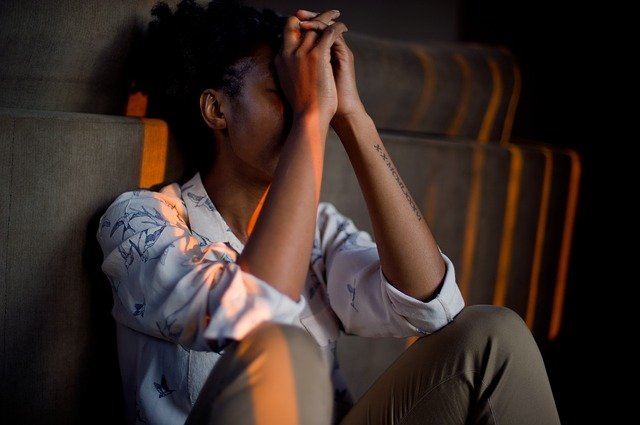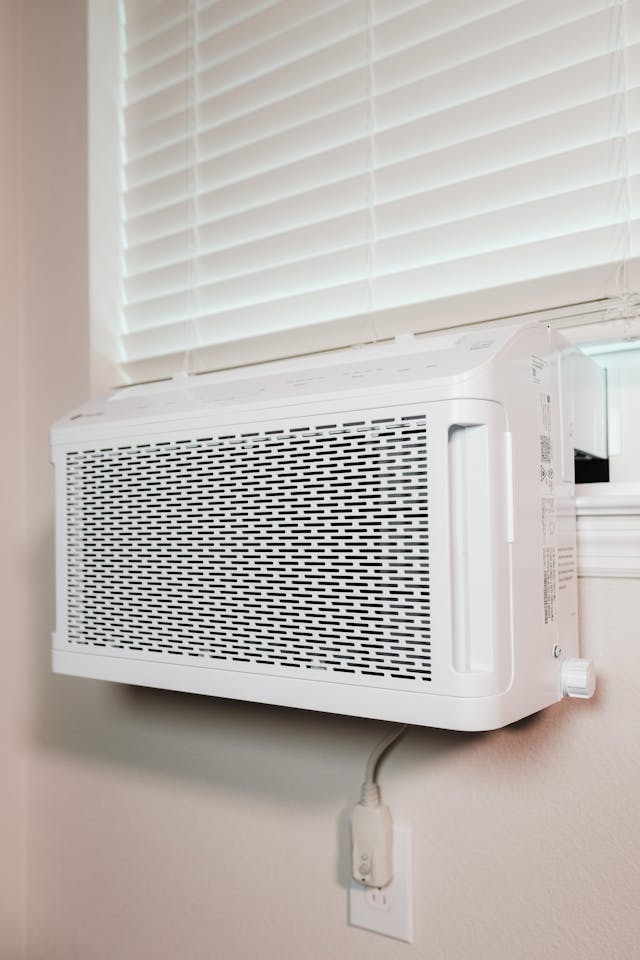The current global pandemic triggered by the COVID-19 outbreak has had a huge impact on people’s lives all over the world in a variety of ways. The government-imposed lockdowns and restrictions put in place to try to stop the spread of the virus were some of the most difficult circumstances many people have faced.
As a result, many schools closed for months on end access to healthcare has been limited, businesses have closed, and people have been forced to stay at home. Although some restrictions are being lifted in some areas, the pandemic is far from over, and its consequences are likely to last for a long time.
How do you cope with anxiety and stress when what you can do and the tools you usually have access to are so limited? We’ll look at some strategies for dealing with increased anxiety during the pandemic and beyond in this post.
CBD Oil
People have been promoting CBD oil as a way to alleviate stress for many years. Now, studies are beginning to back this up.
Many people believe that CBD oil has the same effects as smoking or taking marijuana in another form, but this is not the case. THC and cannabidiol are two compounds found in cannabis. Too much THC can overstimulate the body, resulting in some of the side effects commonly associated with cannabis. CBD oil, on the other hand, is a non-intoxicating molecule that can help to relieve stress both directly and indirectly. Make sure that you buy CBD oil from a reputable supplier.
Mindfulness
People have been using the term “mindfulness” as a catchphrase recently while discussing self-care and mental health. But there’s a reason for that: it works. Finding the opportunity to be truly present at the moment and fully involved in whatever you are doing at the time is what mindfulness is all about. When you practice mindfulness, you want to be totally free of distraction and judgment, and you want to be conscious of your thoughts and emotions without being overwhelmed or wrapped up in them.
Many people mix up mindfulness and meditation, believing they are the same thing. Although there are some parallels between them and they can complement each other, they are not the same.
Meditation is a temporary state of mind, while mindfulness is a way of life in which you should constantly remind yourself to take a step back and reflect on where you are and what you are doing at any given time.
Mindfulness will help you cope with anxiety by encouraging you to open up and embrace your feelings rather than fighting them. You can only do something proactive about how you feel if you come to understand it. It can also help you see things from a different viewpoint, which can only be beneficial in the present situation.
Talk to people about your feelings
Whether it is anxiety about wellbeing, finances, children, or global pandemics, there is undoubtedly someone out there who has been through or is going through it. Reach out to others – friends, family, even online forums – and tell them about your worries. People can be able to provide you with useful advice and encouragement or at the very least a more positive attitude.


